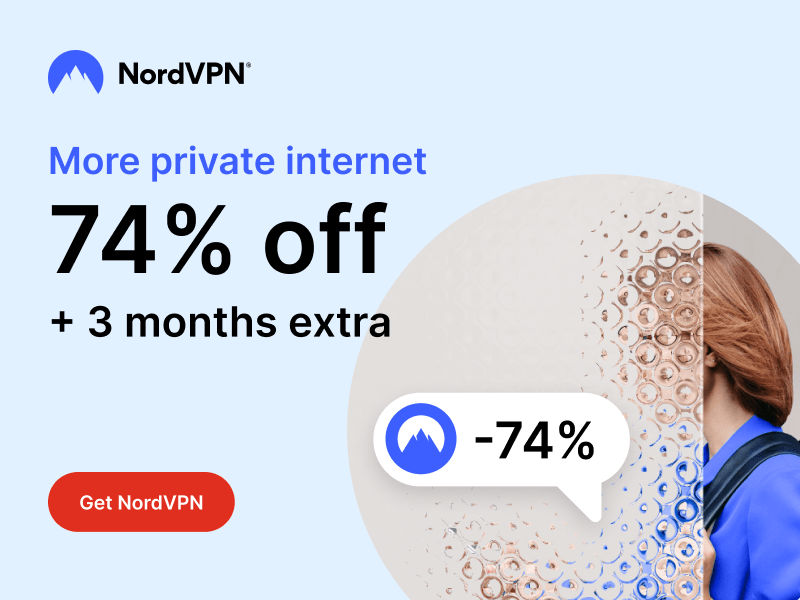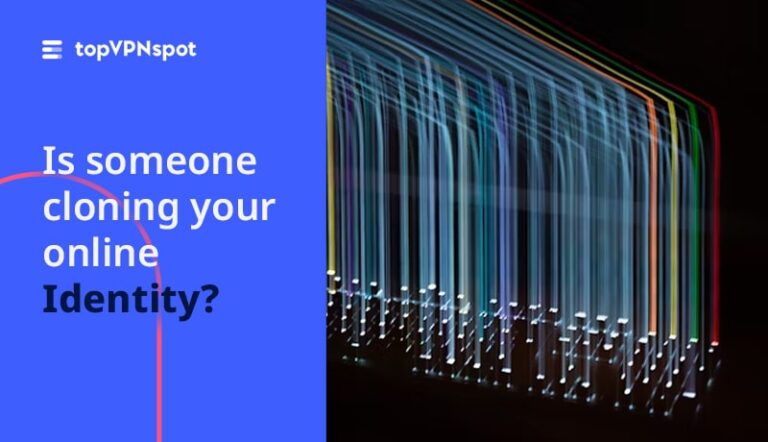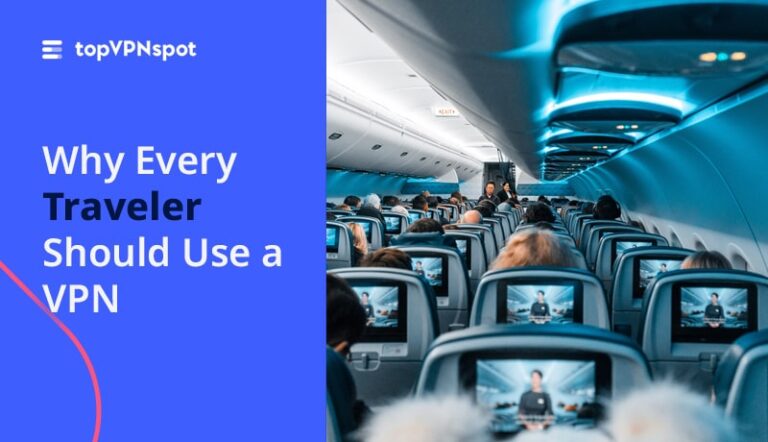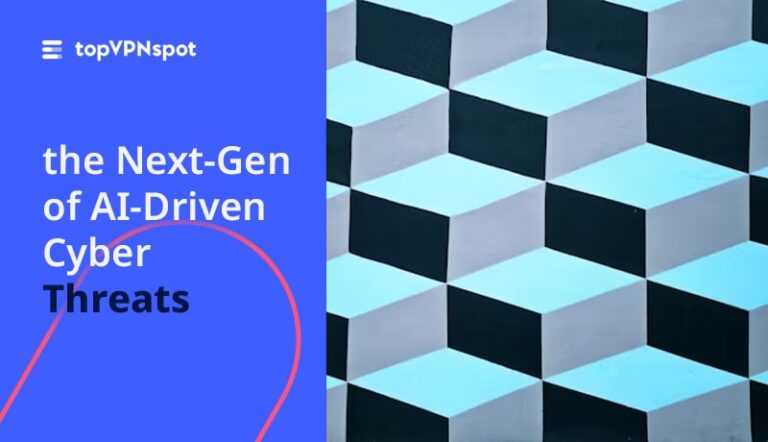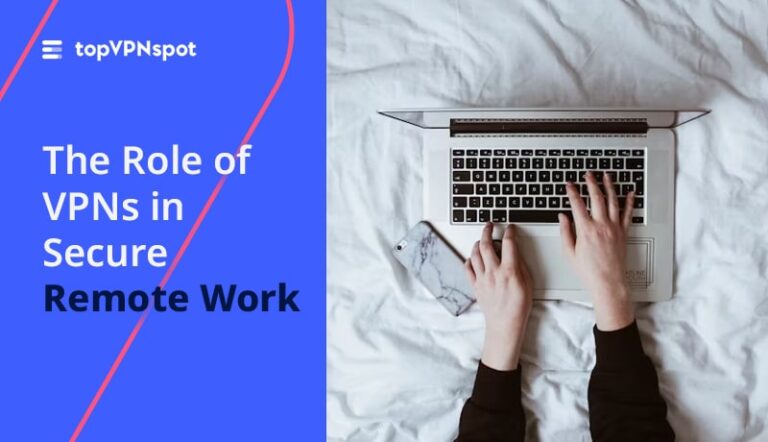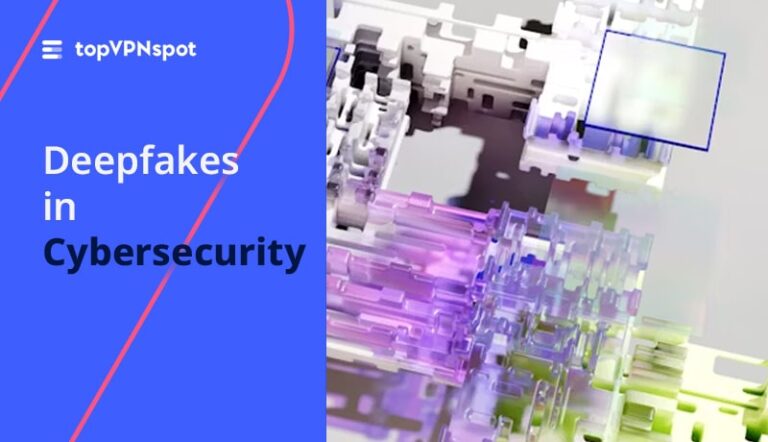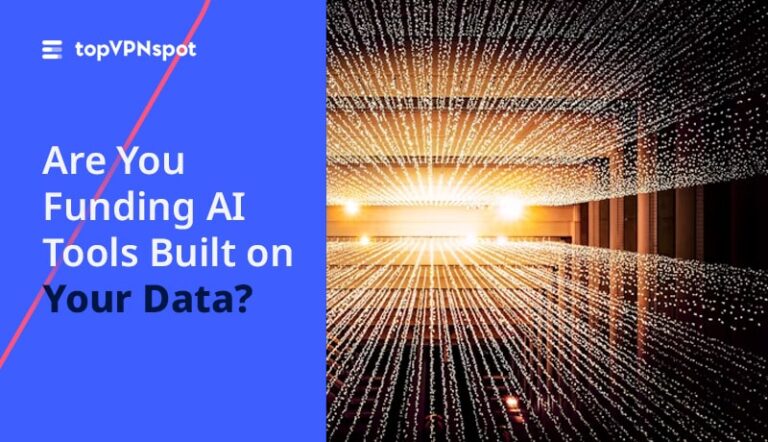In today’s digitally connected world, protecting your online privacy and securing your data has never been more critical. One essential tool in achieving this is a Virtual Private Network, commonly known as a VPN. This blog aims to provide a comprehensive understanding of what a VPN is, how it works, and why you might need one.
Understanding VPNs: The Basics
A Virtual Private Network (VPN) is a service that creates a secure, encrypted connection between your device and a remote server operated by the VPN provider. This secure tunnel protects your data as it travels over the internet, ensuring your online activities remain private and your data stays safe from prying eyes.
How Does a VPN Work?
When you connect to the internet through a VPN, your device first establishes a connection to a VPN server. All your internet traffic is then routed through this server before reaching its final destination. Here’s a step-by-step breakdown of the process:
- Encryption: The data sent from your device is encrypted, making it unreadable to anyone who might intercept it.
- VPN Server: The encrypted data travels to the VPN server, where it is decrypted.
- Internet Access: The VPN server forwards your data to the intended destination (e.g., a website or an online service), appearing as if the data originated from the VPN server’s location rather than your own.
- Response: The response from the website or service is sent back to the VPN server, which encrypts the data again before sending it back to your device.
- Decryption: Your device decrypts the received data, allowing you to view and interact with the content securely.
Why Use a VPN?
There are several compelling reasons to use a VPN, ranging from privacy concerns to accessing restricted content:
- Enhanced Privacy: A VPN hides your IP address, making it difficult for websites, advertisers, and even your internet service provider (ISP) to track your online activities.
- Data Security: The encryption provided by a VPN protects your sensitive data, especially when using public Wi-Fi networks, which are often targets for cybercriminals.
- Access Restricted Content: VPNs allow you to bypass geo-restrictions, giving you access to content that may be unavailable in your region, such as streaming services or websites.
- Avoid Censorship: In countries with strict internet censorship, a VPN can help you access blocked websites and services, ensuring free access to information.
- Secure Remote Work: VPNs are essential for businesses, enabling employees to securely access company networks and resources from remote locations.
Choosing the Right VPN
With numerous VPN providers available, selecting the right one can be challenging. Here are some factors to consider:
- Security Features: Look for strong encryption protocols (like OpenVPN or WireGuard), a no-logs policy, and additional security features such as a kill switch and DNS leak protection.
- Server Locations: A wide range of server locations can help you access content from different regions and ensure a faster, more reliable connection.
- Speed and Performance: Ensure the VPN provides adequate speed for your needs, whether it’s streaming, gaming, or regular browsing.
- User-Friendliness: Choose a VPN with an intuitive interface and good customer support to help with any issues that arise.
- Cost: Consider your budget and the value offered by the VPN. Free VPNs often have limitations or may compromise your privacy, so it’s generally better to invest in a reputable paid service.
Common Misconceptions About VPNs
There are several misconceptions about VPNs that need clarification:
- VPNs Are Only for Tech Experts: Modern VPNs are user-friendly and can be easily set up by anyone, regardless of their technical expertise.
- VPNs Provide Complete Anonymity: While VPNs significantly enhance privacy, they do not make you completely anonymous. Other measures, such as using privacy-focused browsers and being mindful of the data you share online, are also necessary.
- VPNs Slow Down Internet Speed Significantly: While some reduction in speed is possible due to encryption, high-quality VPNs are optimized to minimize this impact, often providing fast and stable connections.
A VPN is an invaluable tool in the digital age, offering enhanced privacy, security, and access to content. By understanding what a VPN is and how it works, you can make informed decisions about protecting your online presence. Whether you’re concerned about privacy, looking to secure your data, or wanting to access restricted content, a VPN can be a reliable ally in your cyber security toolkit.
Struggling to select the ideal VPN? Consult our thorough, user-friendly comparison of leading VPN services to determine the perfect fit for your online security needs.
Why trust us
Behind every review is our team’s real-life, multi-device, cross-location VPN showdown. We’re all about the facts, not the hype. We’ve spent hours testing VPNs on every device we’ve got – to bring you advice that’s as genuine as it gets.
200
Hours of rigorous testing of each top VPN service
100%
Strict policy of unbiased testing & assessment
Read popular blog
Privacy
April 2024
•
5 min read
Uncover the hidden dangers of online identity cloning and learn how to protect your digital self from cybercriminals
Danyal Sadique
VPNs
April 2024
•
5 min read
Discover why a VPN is essential for travelers and how it enhances security and accessibility abroad
Umar Zaman A.
Security
April 2024
•
5 min read
Prepare for the future of cybersecurity by understanding and defending against next-gen AI-driven threats
Raffeain K.
VPNs
May 2024
•
5 min read
Ensure secure remote work by using VPNs to protect sensitive data and communications. Learn key best practices for optimal safety
M. Zayan
Security
June 2024
•
5 min read
Unveil the risks posed by deepfakes in cybersecurity and discover ways to protect against this emerging threat
Danyal Sadique
Privacy
April 2024
•
5 min read
Explore how your data is driving AI development and what you can do to maintain control over your personal information
Umar Zaman A.
FAQs
A VPN, also known as a virtual private network, creates a protected passageway between your device and the web. VPNs shield you from prying eyes, disruptions, and restrictions.
When you link up with a secure VPN server, your online data travels through a ciphered passageway that’s invisible to all—including cyber intruders, authorities, and your internet provider
Yes, VPNs are legal in most countries around the world. However, some countries like North Korea have outlawed their use, and others may have restrictions in place. It’s important to note that while VPNs are legal, their misuse to conduct illegal activities is not.
VPNs are generally safe and are increasingly becoming a necessary tool in the age of data privacy concerns. They protect your personal information from hackers, especially on public Wi-Fi networks, and help prevent websites and ISPs from tracking your online behavior.
- Enhanced Security: Encrypts your internet connection to protect personal data.
- Privacy Protection: Hides your IP address, preventing tracking of online activities.
- Access Restricted Content: Allows you to bypass geo-blocks and censorship.
- Safe Public Wi-Fi Use: Secures your data on unsecured public networks.
- Remote Access: Enables secure access to your home or work network from afar.
- Reduced Online Footprint: Minimizes the digital trail left behind online.
The use of VPNs can sometimes lead to a slower internet connection; however, the high-speed performance of reputable paid VPN services often means that any decrease in speed goes unnoticed. Indeed, employing a dependable paid VPN might even result in a faster connection, particularly if your ISP is restricting your data flow.
If you do find that your internet speed has diminished, selecting a server that is geographically nearer to your location, from the extensive server network available, can help improve your connection speed.
Using a VPN significantly enhances your online privacy and security by encrypting your internet traffic and masking your real IP address. This makes it challenging for third parties, including websites, your Internet Service Provider (ISP), and even government agencies, to track your online activities.
However, while a VPN provides a strong layer of defense, certain factors can still lead to tracking, such as:
- Cookies: Websites may use cookies to track your online behavior across different sites.
- VPN Disconnects: If the VPN service disconnects unexpectedly, your real IP address could be exposed.
- VPN Provider Logs: Your VPN provider could potentially track your activity if they keep logs. Therefore, it’s crucial to choose a provider that has a strict no-logs policy and is transparent about their operations.
Moreover, sophisticated entities like government agencies might have the capability to determine if you’re using a VPN, but they generally won’t know what you’re doing online unless they have the cooperation of the VPN provider.
In essence, for the best protection, it’s advisable to use a reputable VPN service that is known for its commitment to privacy and has been independently audited to verify its security claims. Always be mindful of your online behavior and the digital footprints you leave behind.
We are an alliance of passionate cybersecurity experts, united by a shared mission to disseminate our in-depth knowledge of digital security measures. Our commitment is to empower internet users by providing them with the essential tools and insights needed to navigate the online world safely. Through topVPNspot.com, we offer a platform where our collective experience in cybersecurity converges to guide users in protecting their digital presence effectively.


